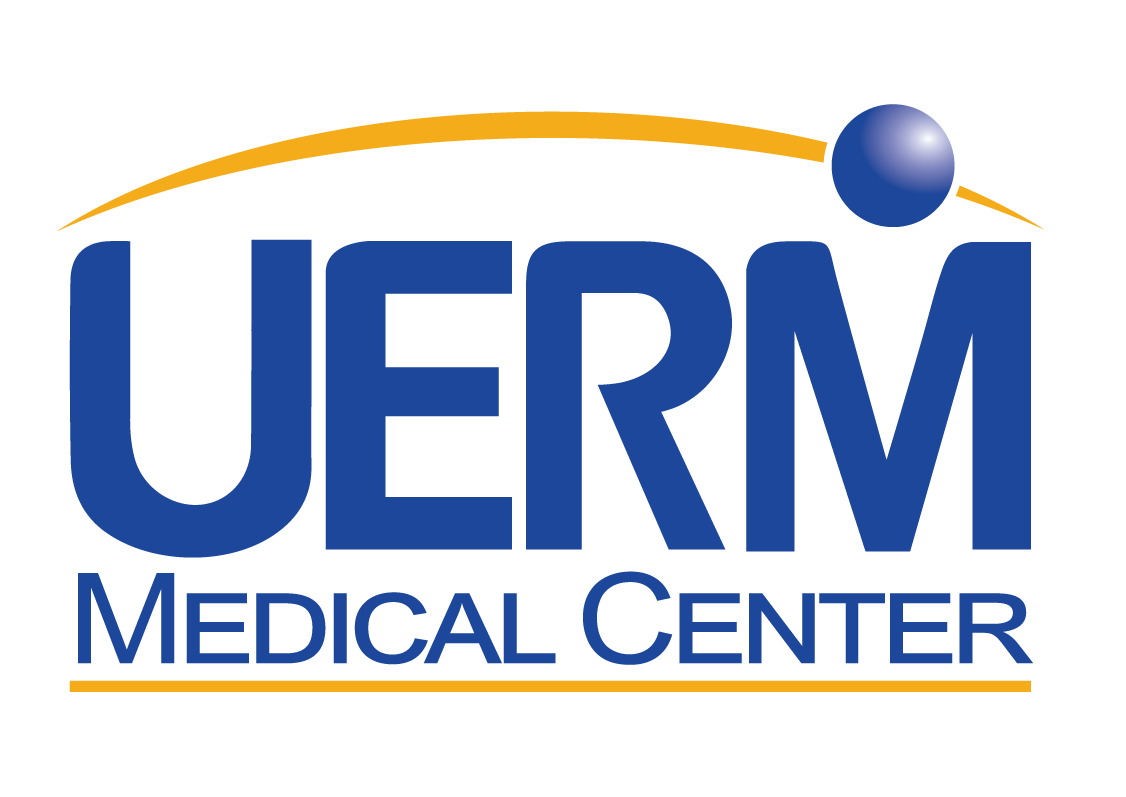ABO & RH Typing
Therapeutic Phlebotomy
Blood Crossmatching
Blood Screening
You will fill out some forms, read about donating blood, eligibility, and donation information will be discussed.
You will be asked about your health and travel history. Donation staff will also check your:
A blood donation typically takes about 8 to 10 minutes. However, Platelet Apheresis-type of donations can take up to 2 hours.
Have an extra glass of liquids and snack after you donate blood. After 10 to 15 minutes, you can leave. Once you leave:
3/F Pay Hospital Building
Tel: (+632) 8985-93-49, (+632) 8715-0861 to 77 Local 457
Viber: 0947 991 6736
